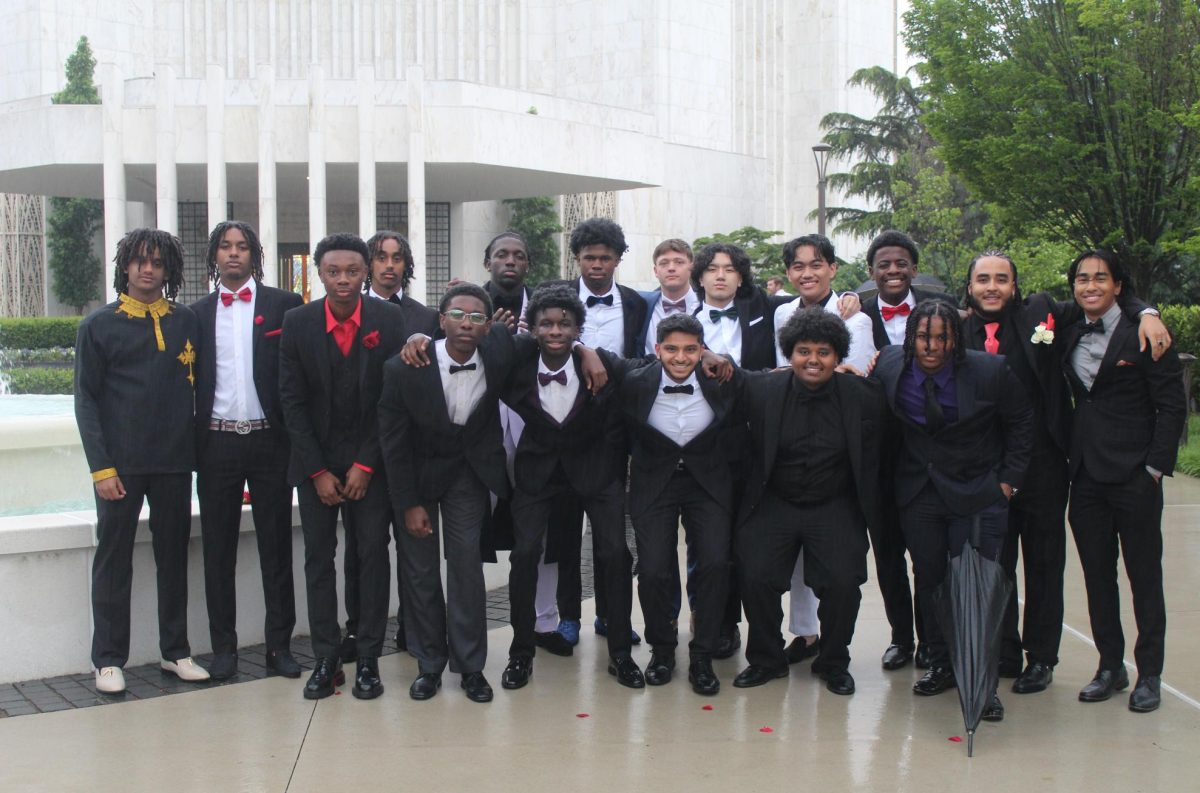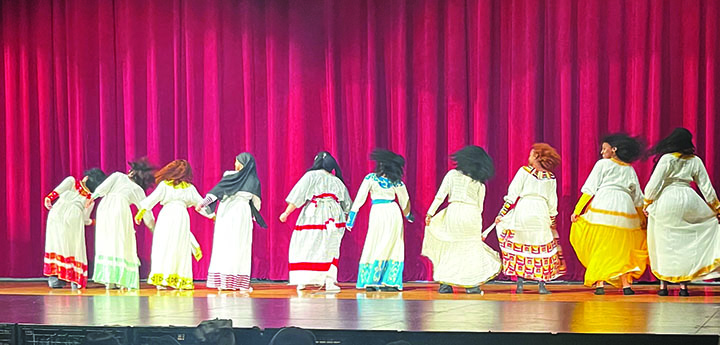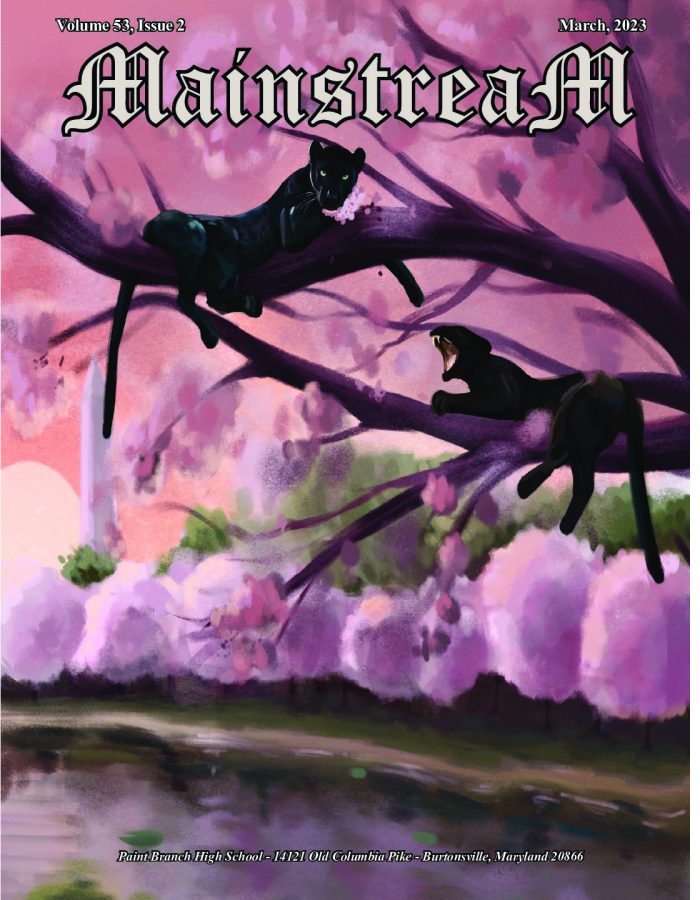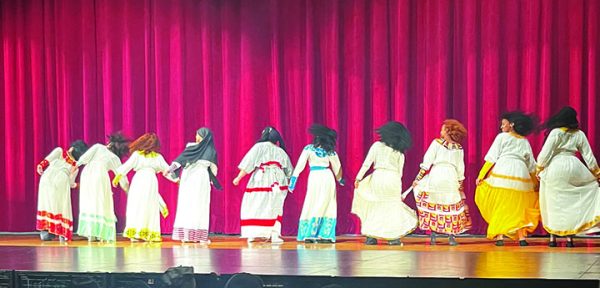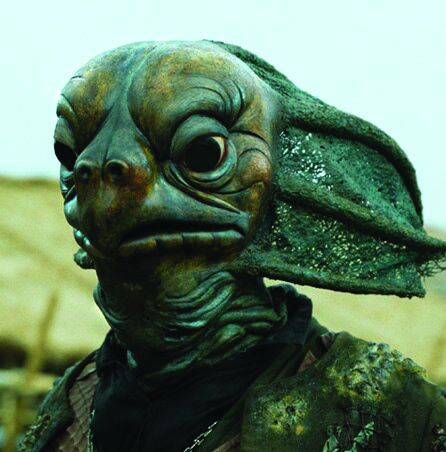Folklore vs Mythology
May 4, 2023
What do you think of when you hear the term “Achilles heel”? If you ever search for the meaning you would discover that it means a weakness in spite of overall strength, which can lead to downfall.
An Achilles heel leads to the theme that anything or anyone can have a weakness, whether it be physical, social, emotional, or mental. However, it can also mean the body part from the middle of your calf and extends down to the base of your foot, the heel. The term originates from a Greek myth of an invincible man, Achilles, who has only one weakness: his heel. The weakness is created because his heel is the only part of him that didn’t touch the river Styx, which his mother dipped him into in order to make his body invulnerable.
This widely used and understood term is an example of something that is used in the modern world but came from mythology. Mythology is a collection of myths that usually deal with the gods and heroes of a particular people. The most popular and well-known mythologies are Greek, Roman, Norse, and Egyptian. Mythology started not when people were speaking but when humans discovered how to write and record on stone.
Folklore is the traditional beliefs, customs, and stories of a community and these are usually passed from generation to generation. There are many different types of stories in folklore like fairy tales, legends, myths, tall tales, and fables with the most popular ones leaking into modern culture.
According to Larry Fleury in The Farmer’s Almanac, “Folklore gives us the wisdom to understand these moments from different points of view. It showcases that all of our problems and successes happen in every culture and throughout different periods of history.” So folklore acts like a guide for us when we are faced with a problem but we don’t want it to escalate. It can teach lessons from being respectful towards your elders to sharing responsibility for your mistakes. Whether it be a true story or not, they all can share a message.
Many people consider mythology and folklore to be the same or at least quite similar to one another. A primary difference between mythology and folklore is that mythology is closely tied to a culture’s religion while folklore is aligned with community beliefs. Folkloric tales like The Princess and the Pea or Goldilocks and the Three Bears present lessons to communities.
However, these differences don’t stop them from being linked together. According to April Manabat of the Nazarbayev University Library, “While at some point mythology and folklore experts has grown separately due to some perceptions and beliefs, these terms remains to be linked due to some defining features that involves tradition, culture and national identity” This explains the possibility that one could have come from the other or have the same root when it comes to cultural identity. Both started out in oral forms before getting recorded on stone and then, eventually, on paper.
While both folklore and mythology have captured the attention of people for centuries, mythology seems to have a stronger draw in terms of its entertainment value in modern times. Books, movies, and TV shows centered around characters such as Thor, Hercules, Medusa, and Aphrodite. However, there were a lot of mistakes when it comes to adapting from these mythological characters. For example, people would assume that Hercules was the son of Zeus and Hera because of the Disney movie that adapted to the character’s life story when in reality, Hercules is the son of Zeus and Alcmene. Although many different parodies and adaptions had altered the plot a little bit, it doesn’t change the origin of where the story came from.
Folklore has not diminished but has perhaps been a little less apparent in entertainment today. Stories such as Into the Woods and various fairy tales like Cinderella and Pinocchio are examples of folklore still being present in the entertainment industry. There are many different parodies and adaptations that have altered the plot but the story still remains the same; it’s just shown in a different version of the original. While the current entertainment based on mythology and folklore are much changed versions of the originals, the effect that folklore had on modern culture is always in plain sight and we should be more aware of acknowledging it.

